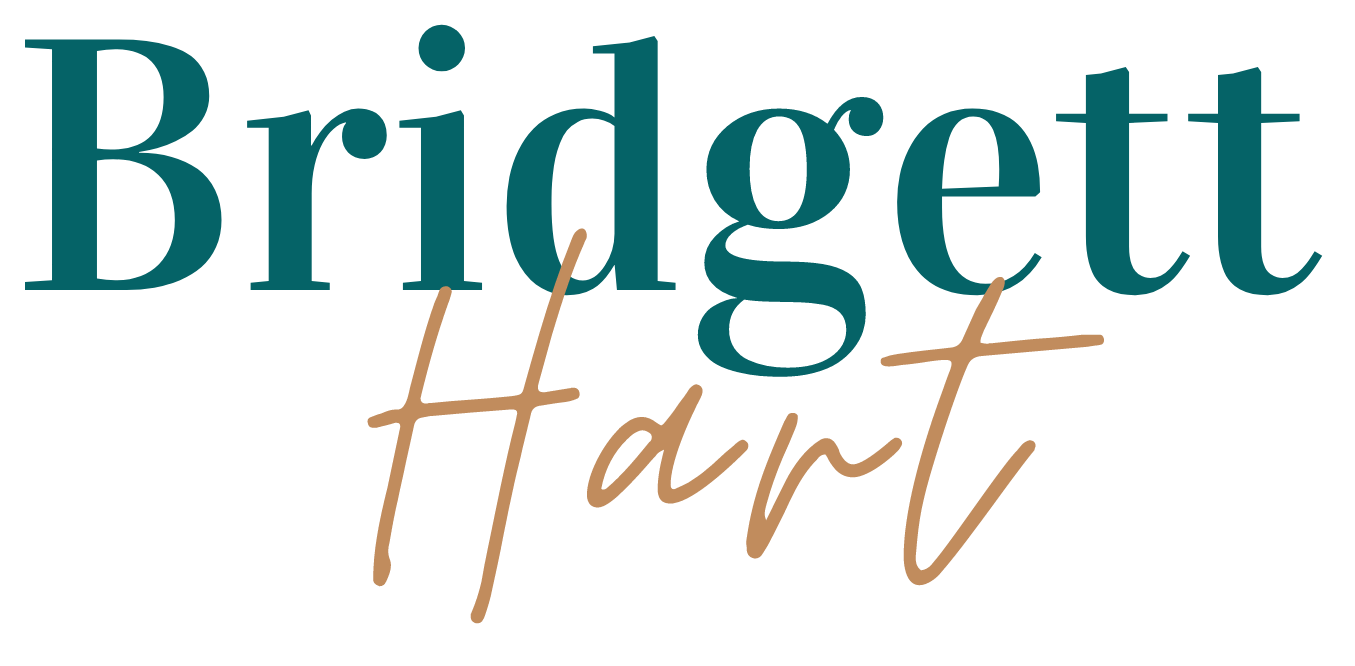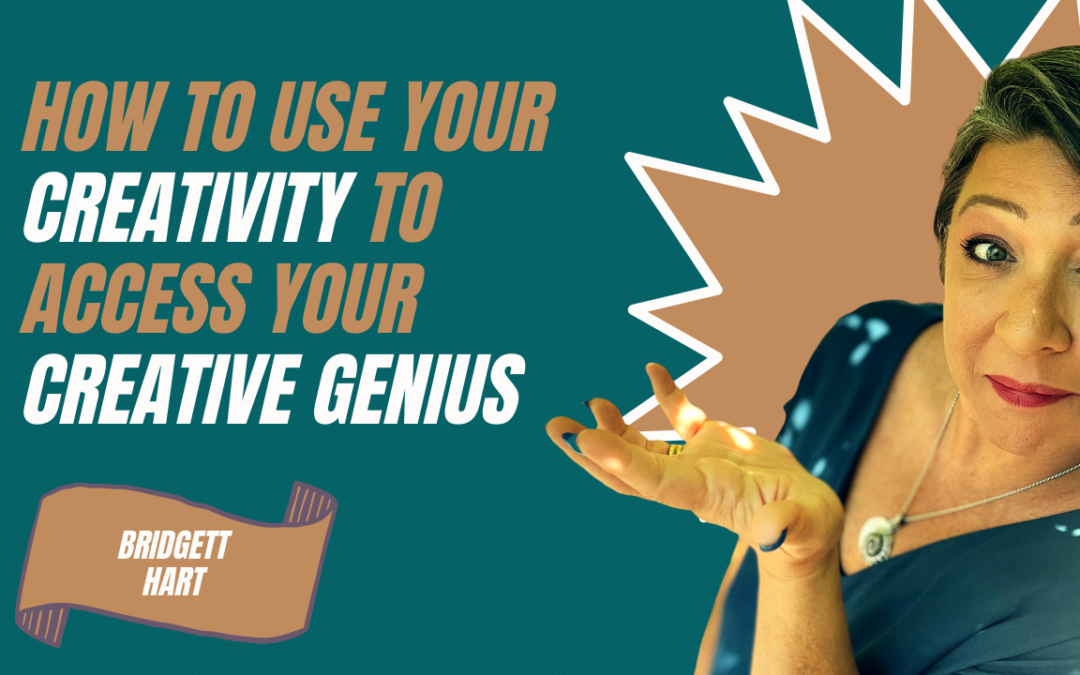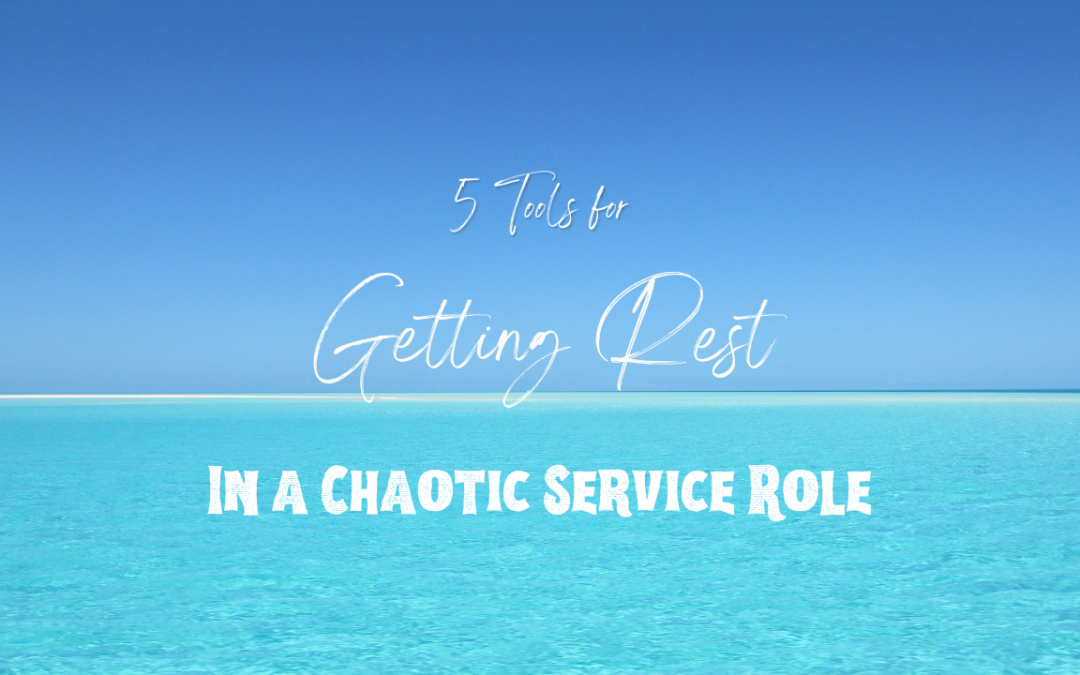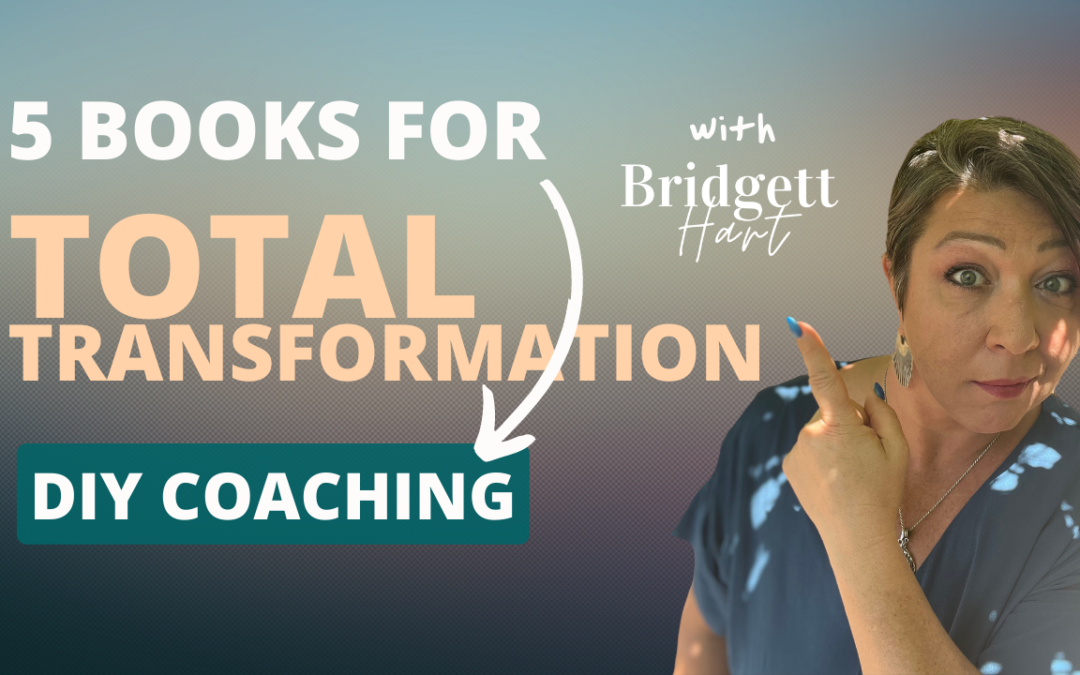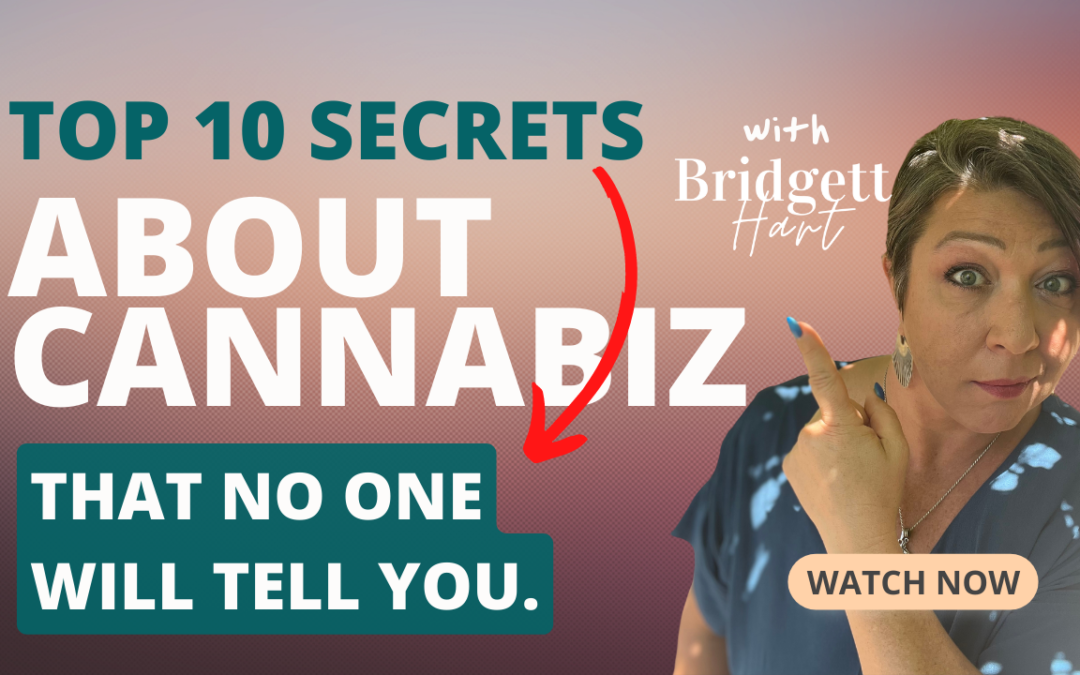Should I tell my boss I use Marijuana?The short answer is NO. Don’t do it. Keep your personal business private. Since we all know that’s easier said than done, consider these points first. There are tons of reasons why not to tell your employer about your cannabis...
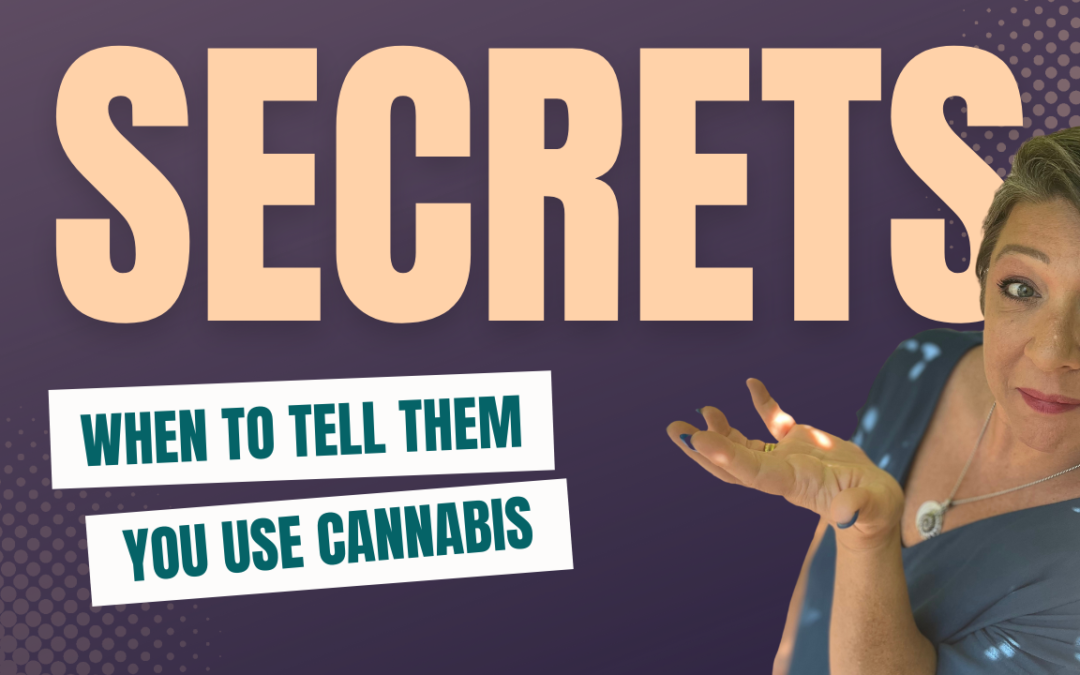
The 5 W’s to Coming Clean About Your Cannabis Use to Your Employees.
The 5 W’s to Coming Clean About Your Cannabis Use to Your Employees.

It might not be what you want to hear, but it’s everything you need.
If you’ve ever written a high school essay, you know what the 5 W’s and 1 H are: Who, What, Where, When, Why, and How. Today, I’ll break down how to use them to figure out whether or not to come clean about your cannabis use to your employees.
Although cannabis has been legalized for adult use in many of the United States, it’s still illegal in several States and at the federal level. That creates consequences for business leaders who would otherwise like to be open about their use of the plant.
If you’ve used the plant for some time, you’ll know that being open about cannabis use can pull people closer together, so it begs the question, “when is it worth it to tell and when is it a bad idea”?
Only you know the right answer for you, but before you take the leap, pause for a moment to answer these questions first.
1. Why do you want to come clean to them?
Maybe it’s just me, but it feels like the answer to why is always the most important. So, why do you want to tell your team about your cannabis use? Is it to save you the trouble of trying to keep it secret with eye drops and spray at the company party? Is it because cannabis is a critical part of your overall wellness plan? Is it because you’ve decided to become an activist or to share with your friends and family? There isn’t a right or wrong why, but it’s important to give the question an honest moment’s thought and make sure it’s really worth it to you. As you’ll find out in some of the other W’s, there may be a lot of details to consider before you make your final decision. A worthwhile why will keep you motivated as you move along the potentially rocky path.
2. Who should you tell?
Who in your company should or should not know about your cannabis use? Your first response might be that you should only tell your highest paid or closest teammates. They likely keep a lot of other company secrets, so they can keep this one too, right? Wrong.
First off, your right to use cannabis isn’t protected by federal law and may not be protected by state law or other legal guidelines and policies required in your line of work or position. So, if they slip up and tell someone, you can’t do anything about it and you’ll be 100% liable for the fallout.
Secondly, it’s really difficult and uncomfortable for your employees to try to keep big secrets from the other people they work with. When you are a peer, they have more incentive to keep your secret so you’ll keep theirs, but if you’re in a position of leadership over them, this secret will ultimately hurt both parties.
So who can you tell? The only answers are: everyone or no-one. That doesn’t mean you need to create a company memo about it, we’ll talk about that in a moment, but it does mean you need to think through the situation from an all or none perspective. If anyone knows, you can assume everyone knows. What types of consequences could that cause for you, your company, or your team? On the other hand, if you’re open about it after you’ve evaluated the risks, folks won’t feel the need to keep secrets for you when they might also be fighting the stereotypes they believe about the plant and those who use it. Are you ready to be completely open about it or will you keep trying to hide it from the people who work with or for you for awhile longer?
3. What does it mean to come clean about cannabis use?
What are we talking about here in terms of coming clean? Should you write a company memo about it, create a new company policy, or just slowly let news leak through the ranks from your closest out? Let’s get super clear that your first what is actually research. You need to know what your company and industry policies and relevant laws are regarding cannabis use. For example, an Arizona state transportation company executive may not be able to use cannabis openly due to federal TSA regulations. He may think it’s fine because it’s legal for adult use in Arizona, but the federal body that oversees our interstate highways doesn’t agree or recognize those laws. There are also unclear and dangerous DUI laws in many places that could cause a driver to be arrested for cannabis use that happened up to 30 days prior! If your business receives money from any federal bodies, you need to seriously consider whether or not your confession could cause problems for your agency. You should also consider what the consequences could be for employees on your team to come clean about their cannabis use. Would they face repercussions like losing their license, their children, their housing, or their freedom for using or being caught with the plant? Is your answer different for any individual person or role at the company? If there are laws or policies in place that could penalize people at your company, your job is to fight those laws and get new laws passed, not to tell everyone that you smoke weed on the weekend. Assuming you’ve done all your research and you’re certain there are no big ramifications for being open about your cannabis use, consider the following details before you let the cat out of the bag.
4. How should you come clean about your cannabis use?
Now that you’ve discovered your why, researched the possible risks, and decided you’re ready to tell everyone about it, how should you do it? Your answer should depend on your specific goals for coming clean. Before I took the leap of intentionally and openly talking about my cannabis use, I worked to understand it’s role in my wellness. I also took the time to understand the history of legalization and criminalization and how those have affected different parts of our society. I evaluated the historical significance and the medicinal value not only for myself but for others like kids fighting epilepsy and young mothers having their children taken from them by CPS for using the plant to treat symptoms of hyperemesis gravidarum. As I learned more, the conversations became easier and easier to have, but they centered more on my “why” than on my use. My use of the plant became a secondary point to the discussion of the injustices associated with the “war on drugs” and how to repair its’ harm. Through this lens, you can see that the “how” can change dramatically – from changing outdated policies at your company to company-wide campaigns to raise money or lobby for better laws and protections. In other words, no, you don’t need to write a company memo to let everyone know. Instead, make sure your company and community are safe places for people who use the plant and keep your personal business to yourself when it’s not relevant to work. Don’t start lighting up in your office unless every employee in every role can safely do the same. Your vocal and persistent fight to protect people’s rights to use this medicine will tell the story for you.
5. Where is the right place to talk about cannabis use with employees?
You may have picked it up by now, but generally speaking, the office isn’t the best place to talk about cannabis use unless you’ve already handled the other W’s and/or you own a cannabis-related company. Unless you’re doing something at your business that pertains to cannabis or have a specific situation where your admission will benefit your employees but not risk your company, your cannabis use should be a personal matter. I made the mistake early in my career of sharing my cannabis use with some of my direct reports, thinking it would be kept between us. It was not, especially when the power dynamic was there. Now that it’s legal for adult use in my state and I work for myself, I can be as open about it as I want. I generally don’t drink at parties, and now always ask if there’s a place I can smoke cannabis, because that’s my preference. I still get funny looks and a lot of judgements, but I accept those because I know my boldness may help someone in the future who needs it for more than just a nice evening. There are people who don’t and won’t work with me only because of my open advocacy for cannabis access. It’s worth it for me every day because of my why.
6. When is the right time to come clean about your cannabis use?
It’s time to do it when you’ve got a strong why, who, what, where, and how figured out. Don’t do it before then or you’ll probably experience consequence you don’t love, like folks quitting, reporting you, suing you, gossiping about you, underestimating you, discrediting you behind your back, and just generally causing you unnecessary trouble.
Take your time to think about and formulate your plan before you tell anyone at all if possible.
If, however, someone “found out” on your team, move the other questions along quickly, because you have to assume everyone knows now and consequences might already be forming. Facing the truth head on and challenging any pre-conceived stereotypes you might also harbor will help you deal with said consequences in the best way possible.
Many of the business leaders I work with also use cannabis regularly in a variety of ways. Most of them have kept it a secret for fear of repercussions, and too many carry an associated, but unfounded, shame with it. My willingness to both learn more and to share my learnings publicly has encouraged several otherwise secret cannabis consuming business owners and servant leaders to open up about how the plant supports them too. It has built a foundation for great friendships and long-lasting relationships, as well as costing me some clientele and projects.
At the end of all of these points, I want to wrap it up with this: Your use of cannabis is not shameful, but the way white supremacy culture has used cannabis to imprison generations of Black, Brown, and poor folks is shameful. If you have ANY privilege and you use cannabis for wellness, your most important job with relation to the plant is to use that privilege to increase access and justice in every sphere of influence you have. That could definitely include changing company policies and lobbying to change laws to protect people who use the plant. It could also include sharing your use of the plant with your team. Most importantly is that you recognize the role cannabis plays in our whole society, not just in your life, and recognize and work to share any privilege and access you have with others who may need it even more than you.
If you are feeling ready to come clean, but need help putting together your plan, I’m here to help. Let’s hop on a quick, free call to talk about where you’re at and what resources you need in the short term and over time. We can do this together.
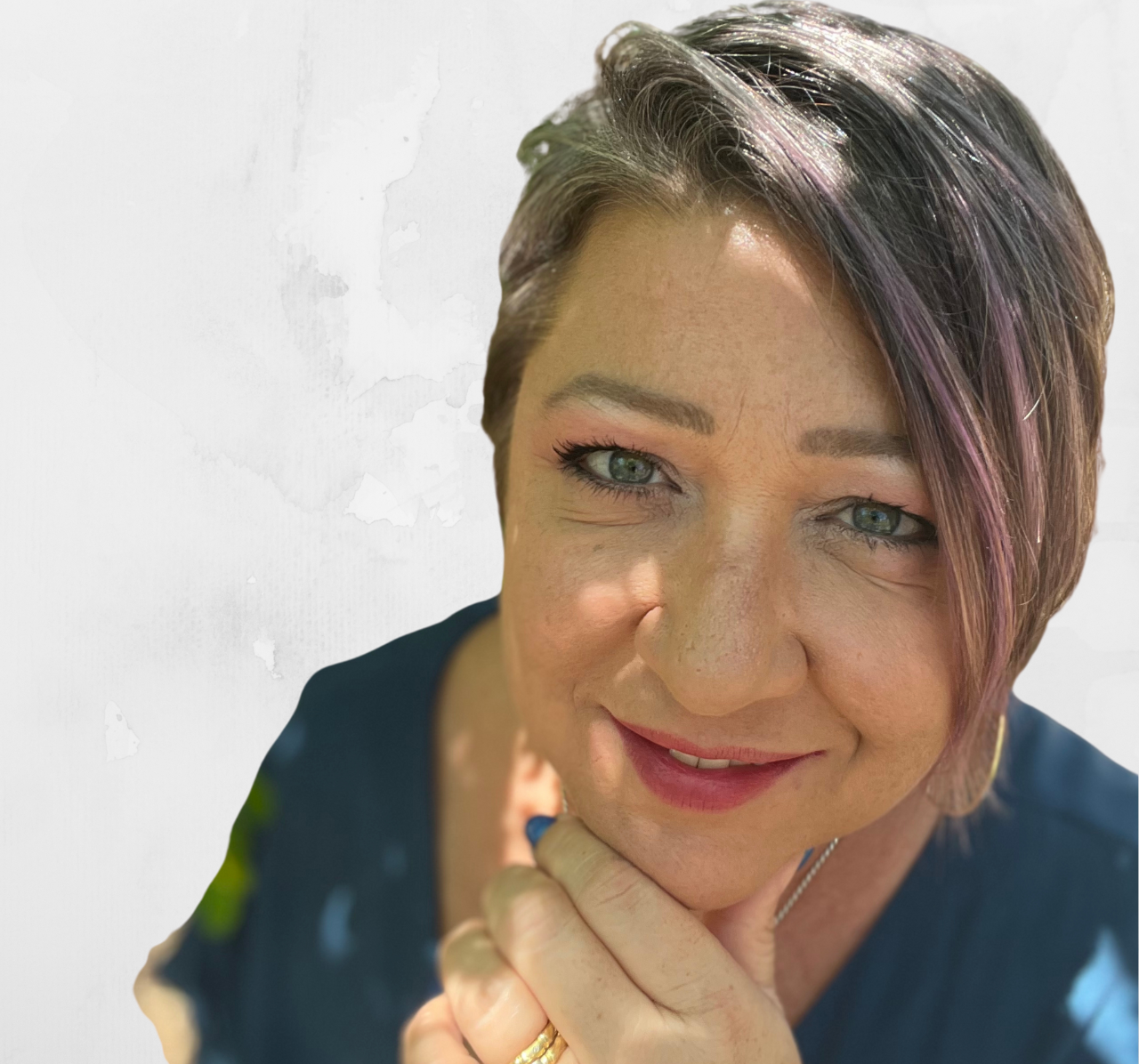
Written by Bridgett Hart
More From This Category
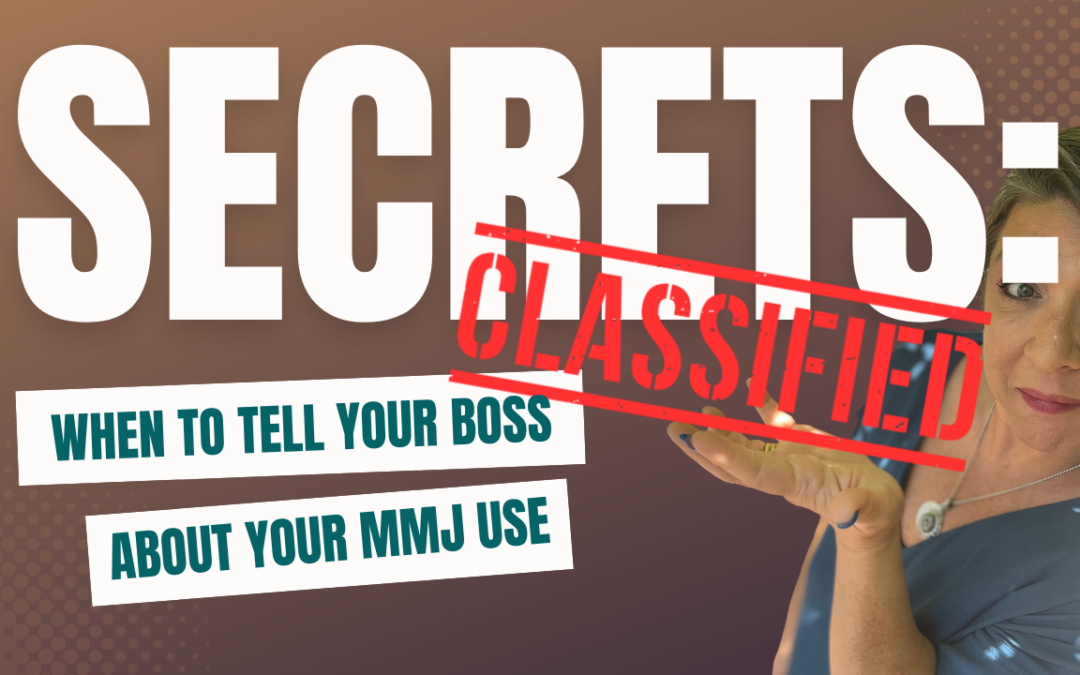
The 5 Ws of Coming Clean About Your Cannabis Use to Your Employer
Should I tell my boss I use Marijuana?The short answer is NO. Don’t do it. Keep your personal business private. Since we all know that’s easier said than done, consider these points first. There are tons of reasons why not to tell your employer about your cannabis...

The 5 W’s to Coming Clean About Your Cannabis Use to Your Employees.
It might not be what you want to hear, but it's everything you need.If you’ve ever written a high school essay, you know what the 5 W’s and 1 H are: Who, What, Where, When, Why, and How. Today, I’ll break down how to use them to figure out whether or not to come clean...
